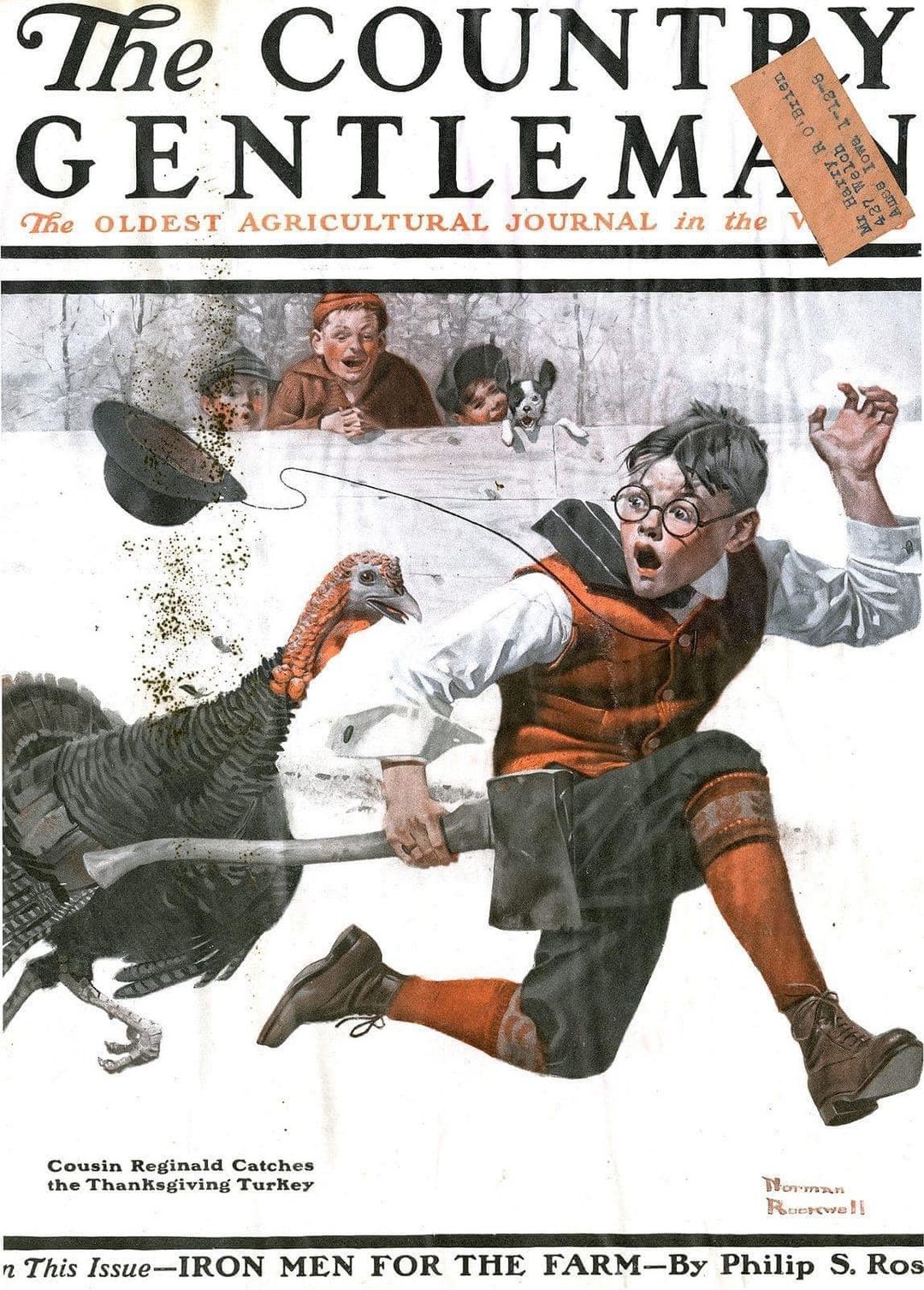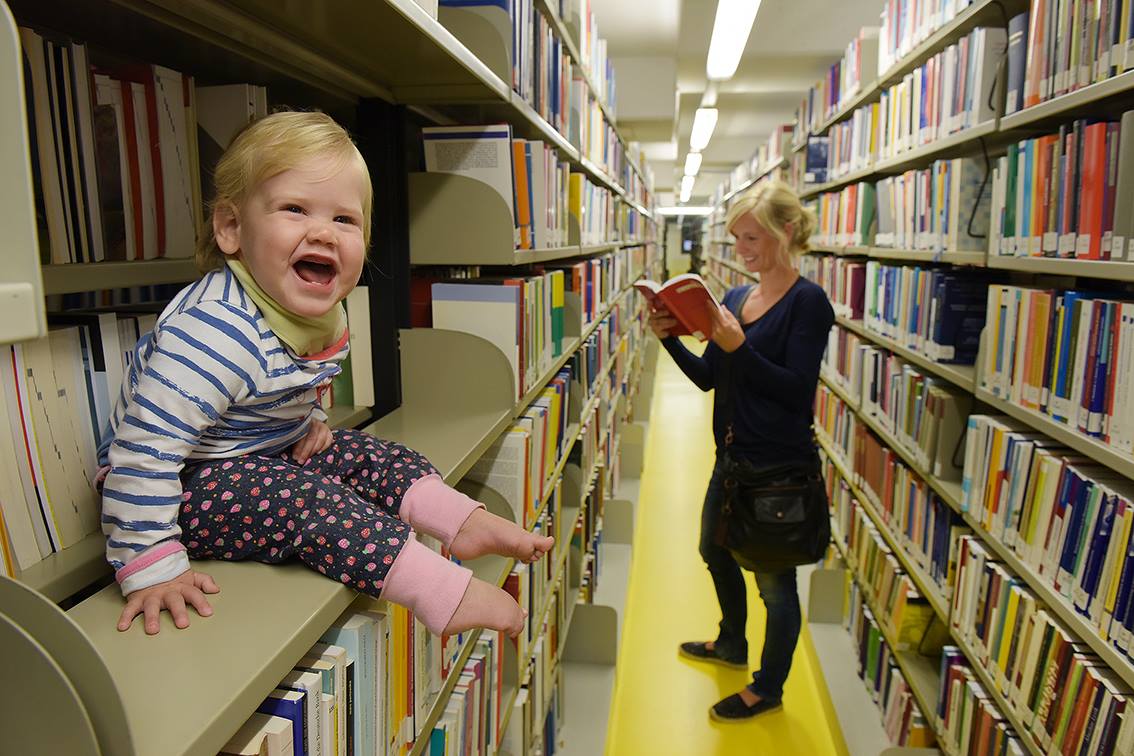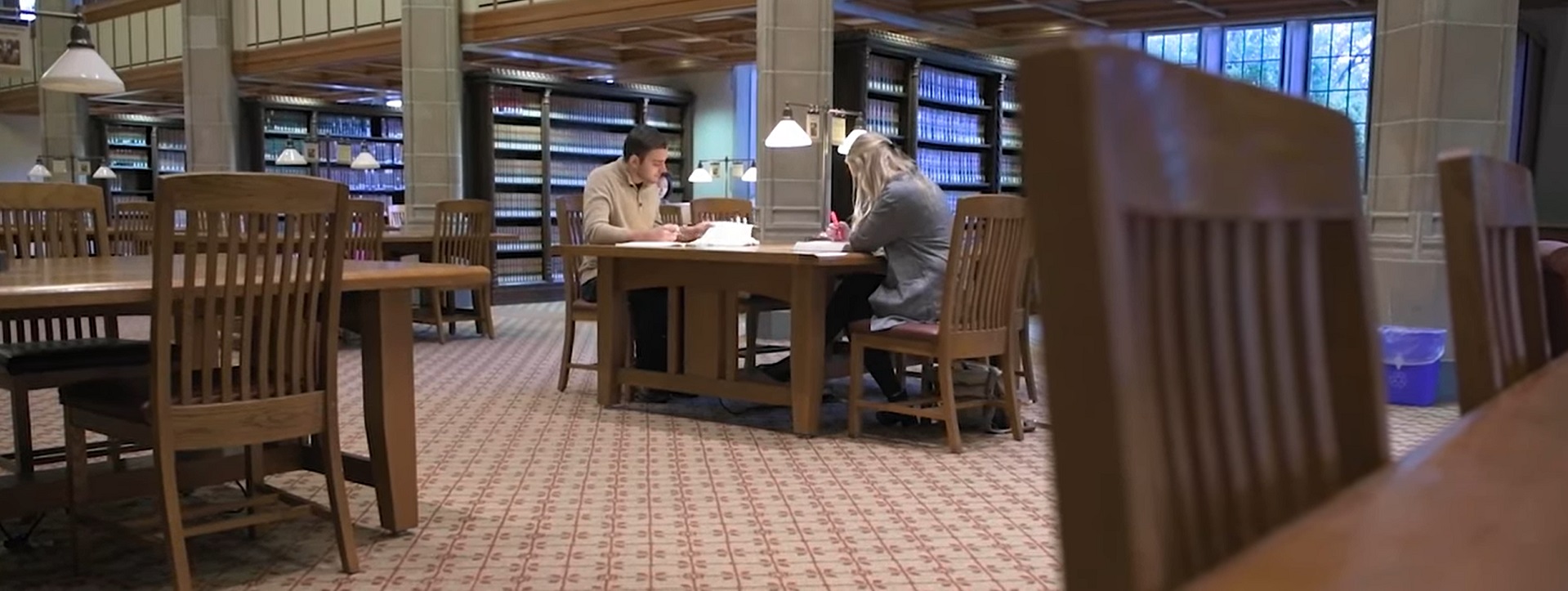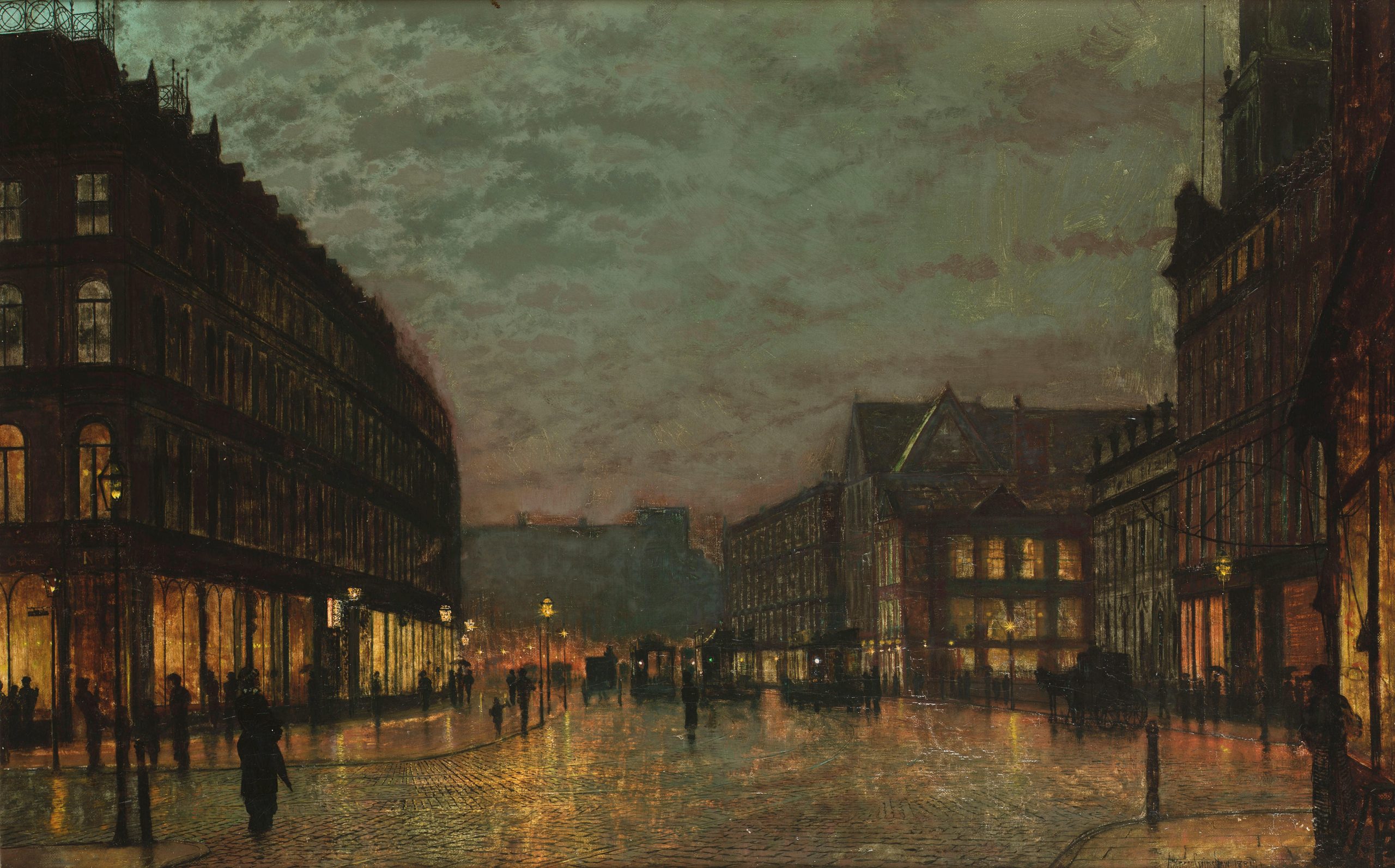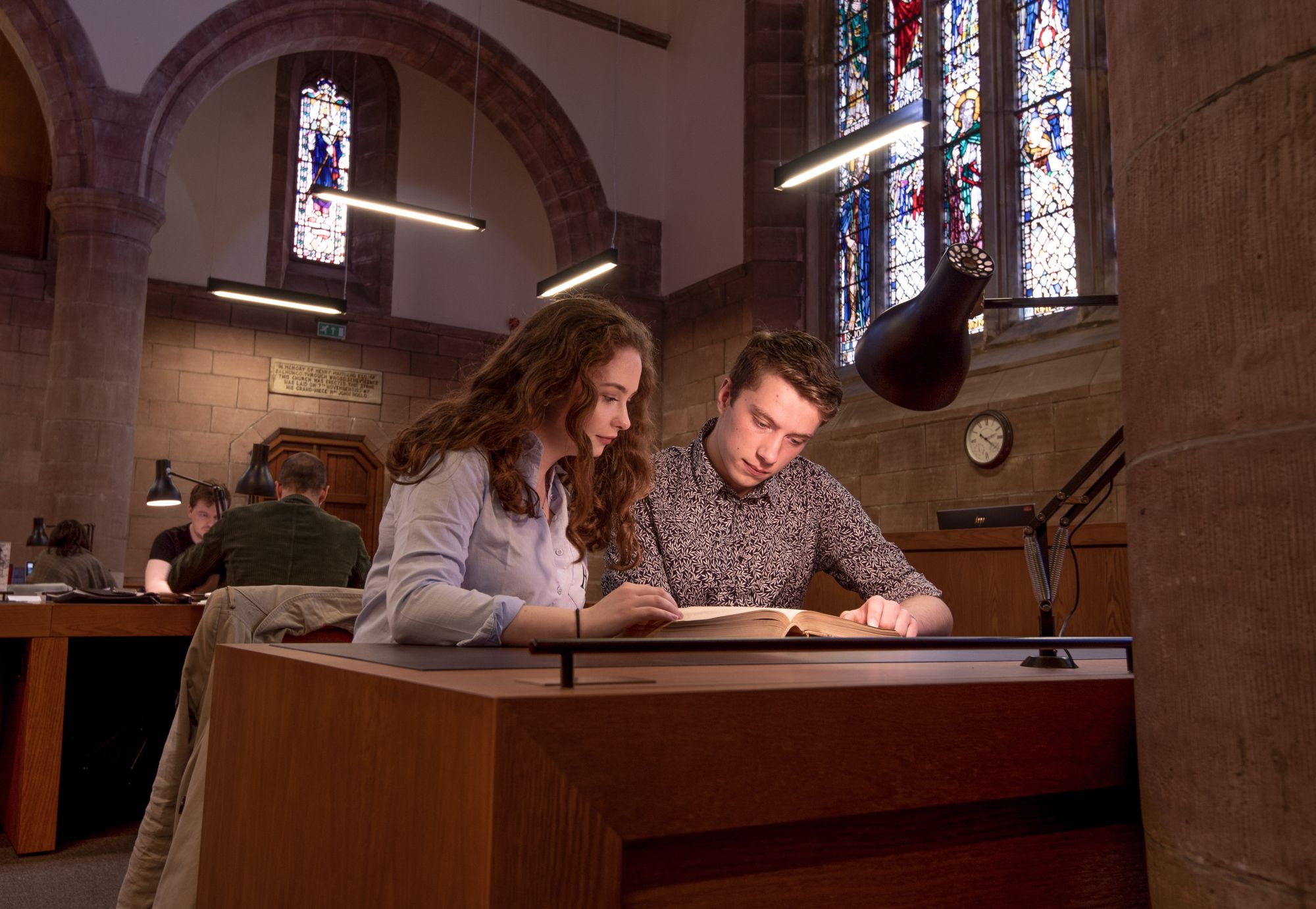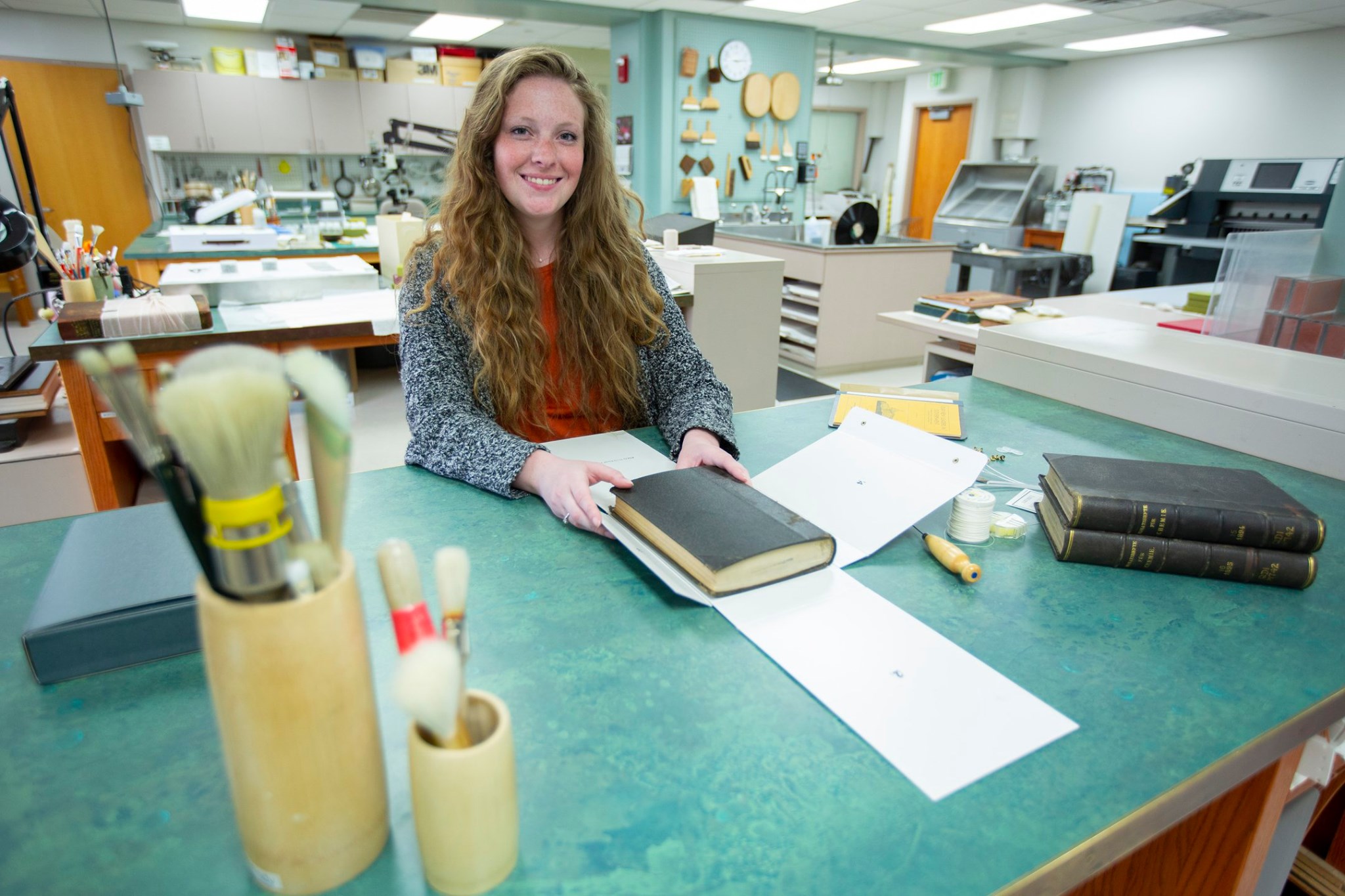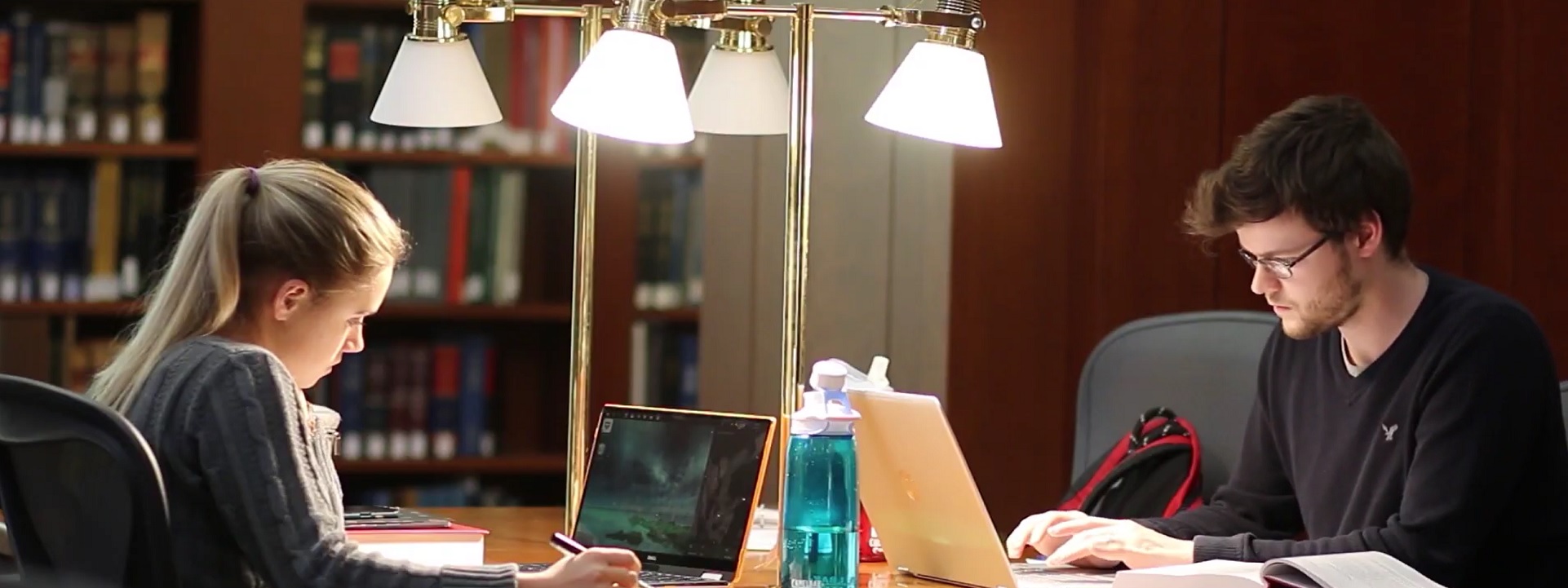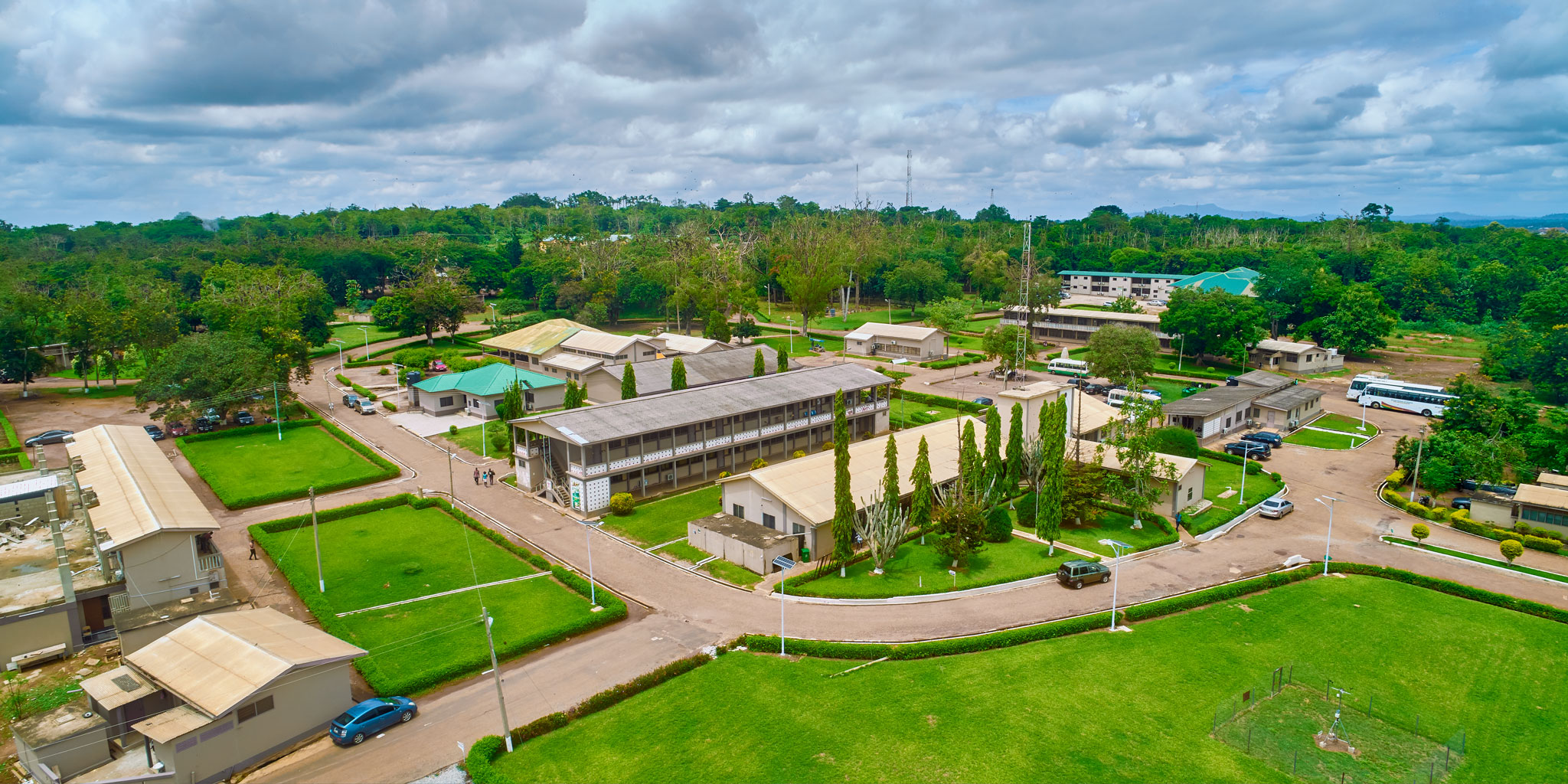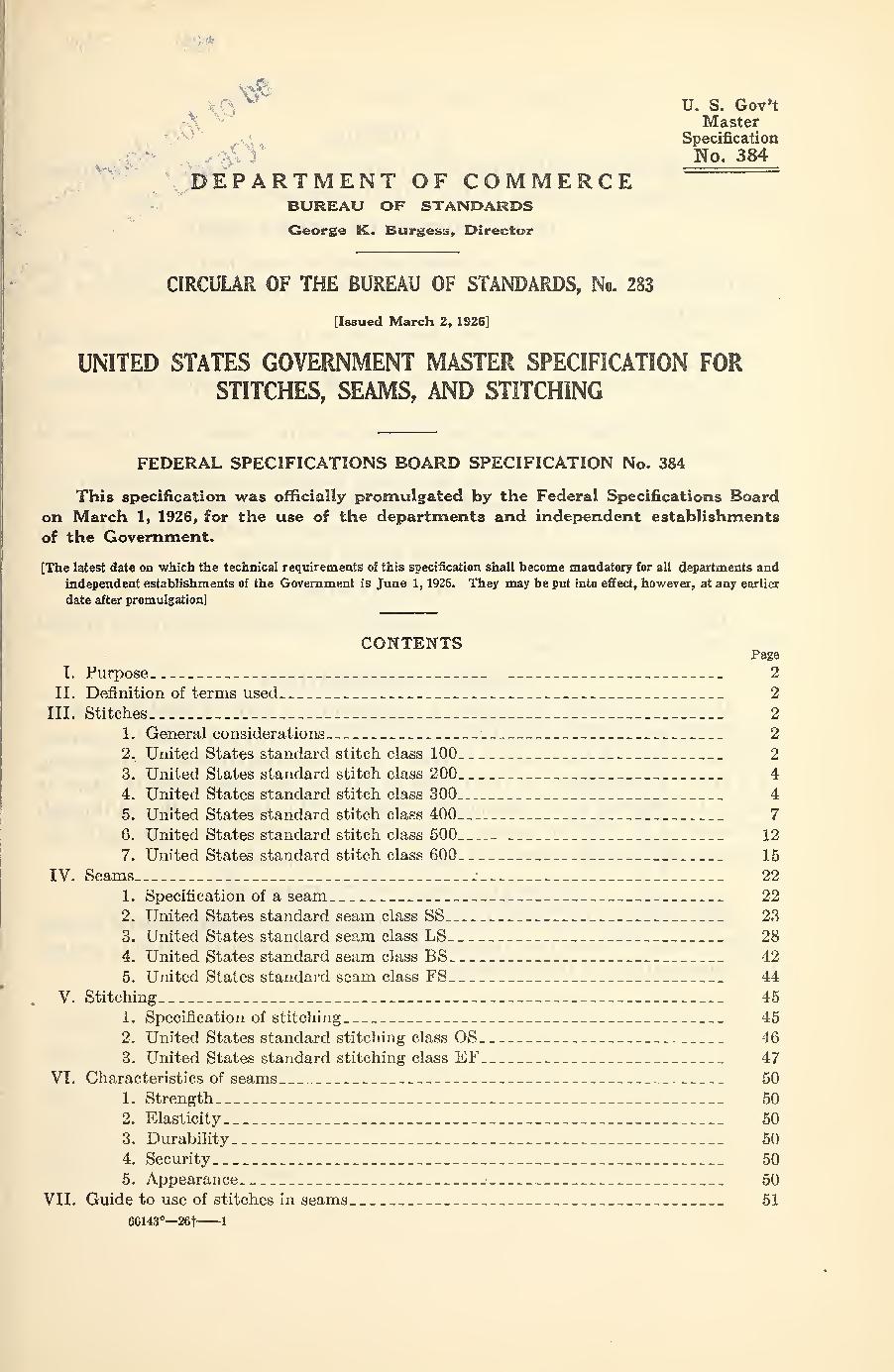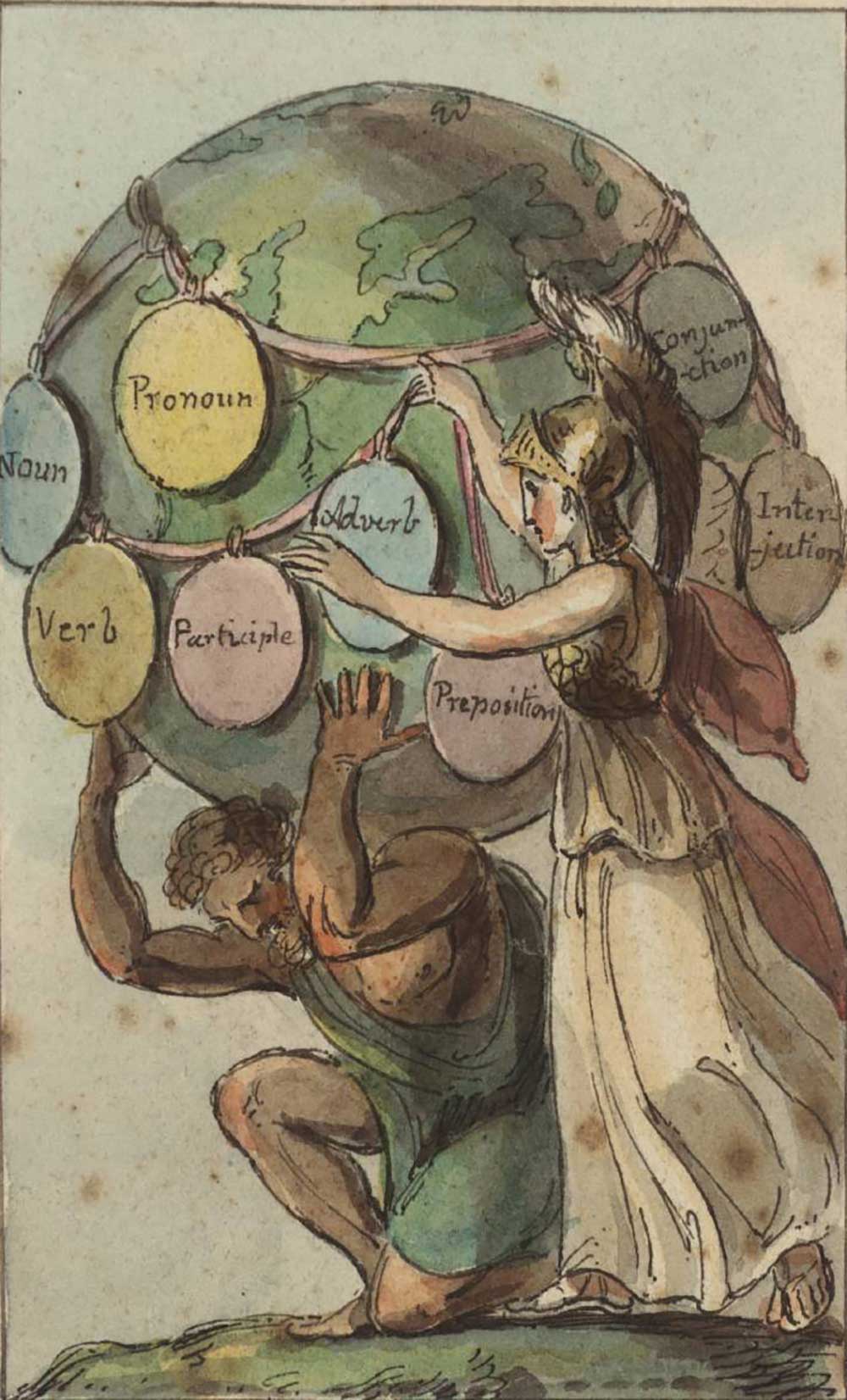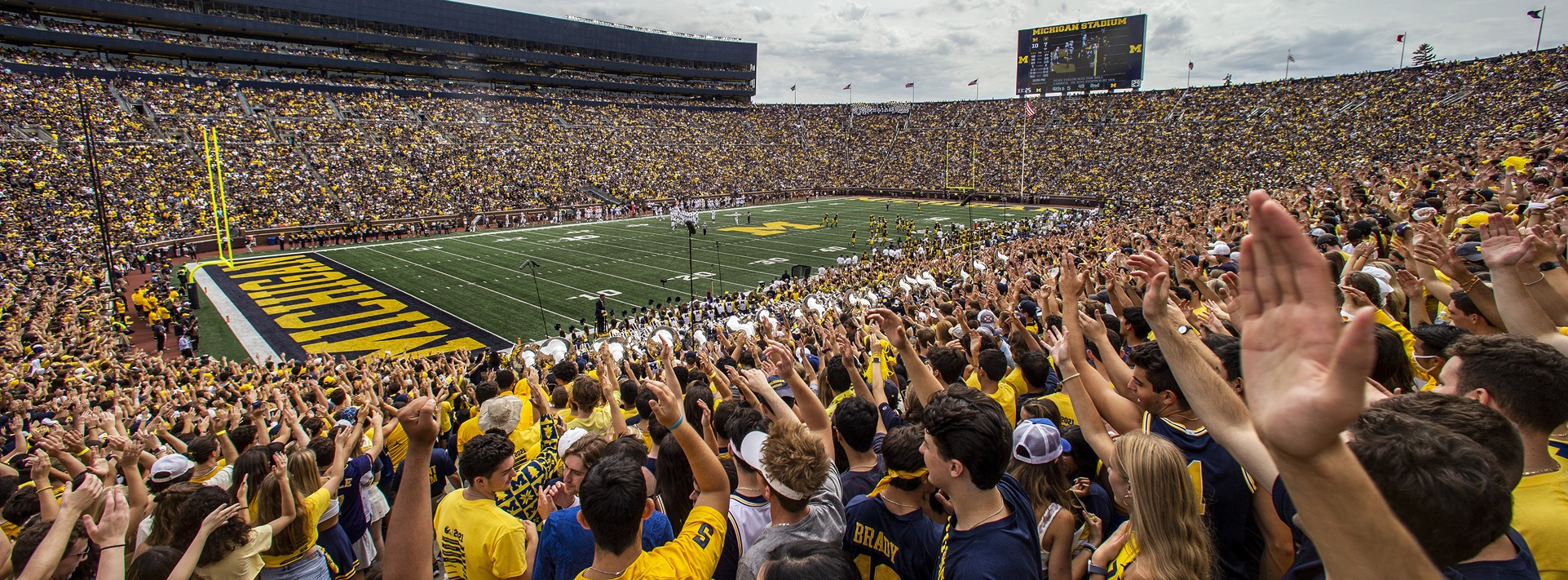Tag Archives: November
- Home
- Posts tagged "November" (Page 6)

Aaron Copland “Our Town”
Azusa Pacific University Symphony Orchestra | Susanna Cervantes, Graduate Conductor
Recorded Nov. 10, 2018 at the Haugh Performing Arts Center, Glendora CA
Copland wrote the score to the film version of Thornton Wilder’s play in 1940. Comparable to Copland’s other orchestral suite, Appalachian Spring, Our Town is smaller in scale, but holds the same traditional Copland characteristics: the sunrise wake up call in the beginning, the call and response, exploiting the reflective quality of the woodwinds, brass chorales, and the desperately aching sounds of the strings.
He explained, “For the film version, they were counting on the music to translate the transcendental aspects of the story. I tried for clean and clear sounds and in general used straight-forward harmonies and rhythms that would project the serenity and sense of security of the story.” It is dedicated to Leonard Bernstein.
Su Jin Susanna Cervantes is professional freelancer actively working in the greater Los Angeles area. As a cellist, Susanna has played in multiple ensembles such as Hollywood Youth Orchestra, USC Thornton Symphony, and APU Symphony Orchestra.
She has also performed in multiple chamber groups performing works by Barber, Brahms, Borodin, Franck, Mendelssohn, Rachmaninoff, and many more. She has performed in masterclasses with Daniel Hoffman, Lynn Harrell, and Alisa Weilerstein. In addition, she frequents in collaboration with singer-songwriters such as Sleeping At Last, whose hits are featured on ABC’s Grey’s Anatomy; grammy-nominated artist, Michelle Bloom; British Christian singer-songwriter, Matt Redman; and singer/actress, Jackie Tohn.
Susanna is an academic instructor at Orange County School of Arts, teaching String Literature and Music History. She is also a strings coach for the Symphony Orchestra at San Marino High School. Since 2011, Susanna has been a pianist and a music associate at First Baptist Church of Glendale, facilitating services and contracting musicians for the church. Susanna has been teaching cello privately throughout Southern California since 2010.
Susanna has received her BM in Cello Performance from Azusa Pacific University, and is currently studying with Professor Christopher Russell at Azusa Pacific University and will receive her MM in Instrumental Conducting in May of 2019.
Time Synchronization of Medium Voltage Substations
Time Synchronization of Medium Voltage Substation IEDs Using Modbus and Python
Abstract: Energy demand and supply all over the world is increasing in size and complexity. Anomalous conditions caused by failures in electrical components, human errors and environmental conditions result in electrical faults that can interrupt electricity flow. Substation automation requires precise time synchronization for a variety of Intelligent Electronic Devices for fault diagnosis. The quest for accurate and sequential time stamping of events compels power utility companies to adopt various techniques of time synchronization with an accuracy of a millisecond or a microsecond. Some works adopt the use of time synchronization techniques using protocols such as Network Time Protocol, Precision Time protocol, Simple Network Time Protocol and many more. This work presents time synchronization of IEDs using Modbus protocol and python programming language for a local substation. The system records the output data into a database and displays it on an application software. The time synchronization system was successful alternative for off network systems.
Related:
Stitches, Seams & Stitching
Standard stitch work – standards for men’s clothing sizes trace back to the Civil War, but no one even attempted to fix the sizes for women until almost a century later, when they called on NIST. #NYFW pic.twitter.com/dFQVGknU3w
— National Institute of Standards and Technology (@NIST) February 13, 2021
Mechanical Clock from 1895 Still Ticking
Located in the Mechanical Engineering Building this clock has been keeping time for over 120 years and its ticking can be heard throughout the building. The clock was built by the Seth Thomas Clock Company and was installed in 1904.
The clock’s mechanism is powered by weights that are wound up manually twice a week. It has a pendulum that swings back and forth, keeping time with remarkable accuracy. The clock is also equipped with a chime that rings every quarter hour, as well as a striking mechanism that sounds the hours.
Over the years, the clock has undergone several renovations and restorations to keep it in good working order. In 2009, the clock was fitted with an electric motor to assist in winding the weights, but it still operates primarily through mechanical means.
Language Proficiency
“The first and most distinguishing feature of civil society is the use of language.”
Adam Ferguson’s “An Essay on the History of Civil Society”
Standard Practice for Assessing Language Proficiency
Committee F43 on Language Services and Products
One of the easiest ways to persuade someone who disagrees with you is to change the subject without them knowing about it. Application of this method is found in the technical literature that informs safety and sustainability regulations at all levels of government. Change definitions; change the subject; outcome changed — hence our interest in spoken, written and computer languages.
Almost all technical standards begin with a list of definitions which, among domain experts, are frequently hard won.
From the project prospectus:
Purpose—This practice describes best practices for the development and use of language tests in the modalities of speaking, listening, reading, and writing for assessing ability in accordance with the Interagency Language Roundtable (ILR)2 scale. This practice focuses on testing language proficiency in use of language for communicative purposes.
Limitations—This practice is not intended to address testing and test development in the following specialized areas: Translation, Interpretation, Audio Translation, Transcription, other job-specific language performance tests, or Diagnostic Assessment. Tests developed under this practice should not be used to address any of the above excluded purposes (for example, diagnostics).
This title was developed in accordance with internationally recognized principles on standardization established in the Decision on Principles for the Development of International Standards, Guides and Recommendations issued by the World Trade Organization Technical Barriers to Trade Committee.
As of the date of this post we find no changes in the titles developed by this committee; nor do we see any notice of meetings; likely owed to the circumstances of the pandemic. Last Update: April 2020
Language lies at the foundation of all standards-setting so we maintain this title on the standing agenda of several of our daily colloquia. Its an “evergreen” topic that we can explore every day in every title in every catalog Feel free to click in to any of our daily colloquia; login credentials at the upper right of our home page.
More
Standards for the Modern Language Industry
American Council on the Teaching of Foreign Languages
Michigan State University: A Rhetorical History of the United States
CORRECTION: In the clip above, at the 5:11 mark, the caption should read: “He mobilized the English language”
„Jede Sprache ist eine schlechte Übersetzung“ – Franz Kafka
Michigan 34 | Washington 13
Go Blue!!!! Live look at some maize and blue on the Empire State Building right now: pic.twitter.com/iV61BVQhZP
— Drew Parks (@drewparks) January 9, 2024
This is going to look mighty nice at the University of Michigan 〽️. #GoBlue pic.twitter.com/DcB1jdodE7
— Santa Ono (@SantaJOno) January 9, 2024
Scenes from Ann Arbor. The video doesn’t do it justice. pic.twitter.com/e22RVmCQvA
— Aiden Wagner (@TheAidenWagner) January 9, 2024
New update alert! The 2022 update to the Trademark Assignment Dataset is now available online. Find 1.29 million trademark assignments, involving 2.28 million unique trademark properties issued by the USPTO between March 1952 and January 2023: https://t.co/njrDAbSpwB pic.twitter.com/GkAXrHoQ9T
— USPTO (@uspto) July 13, 2023
Standards Michigan Group, LLC
2723 South State Street | Suite 150
Ann Arbor, MI 48104 USA
888-746-3670


